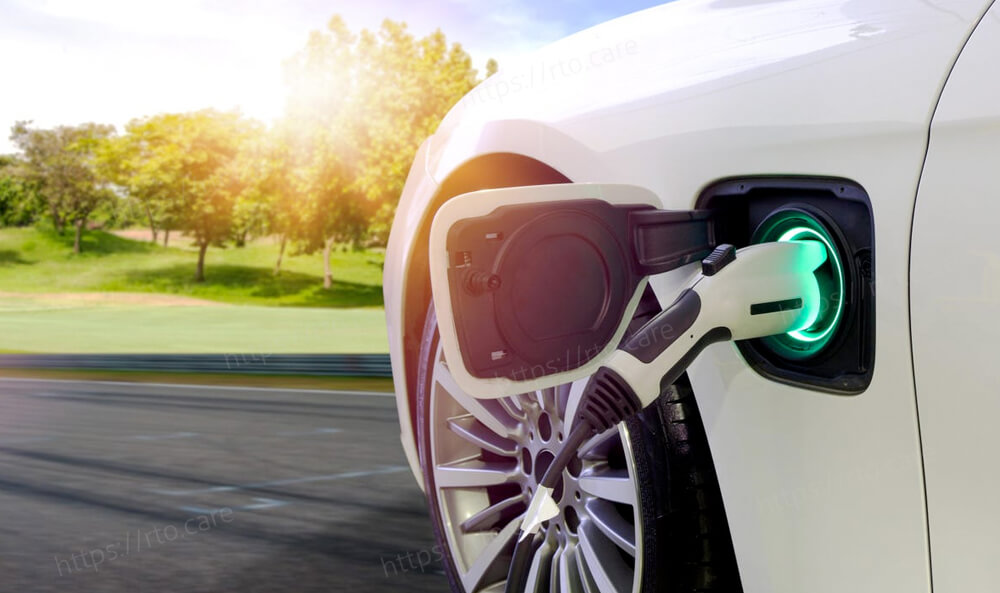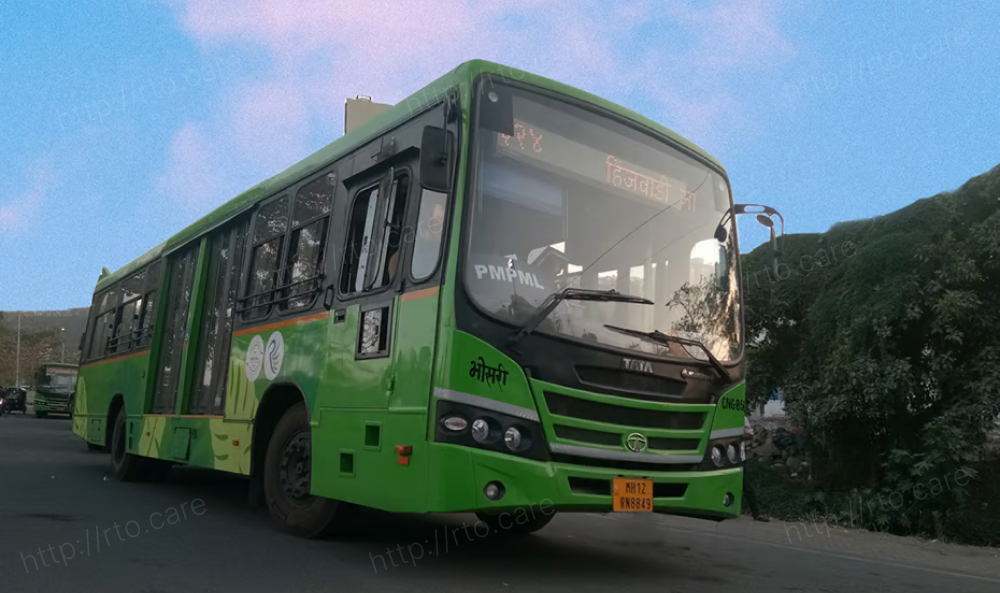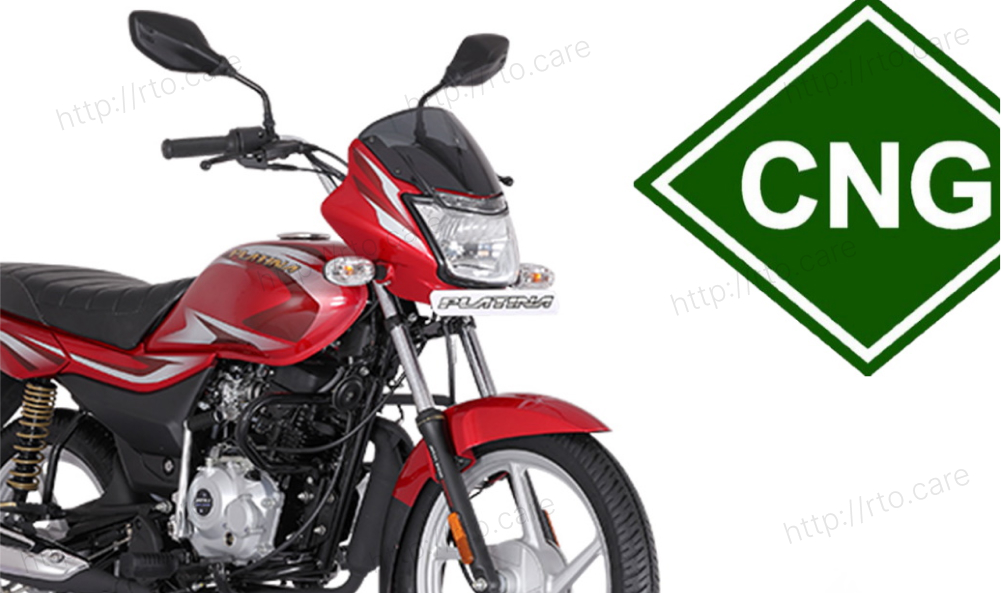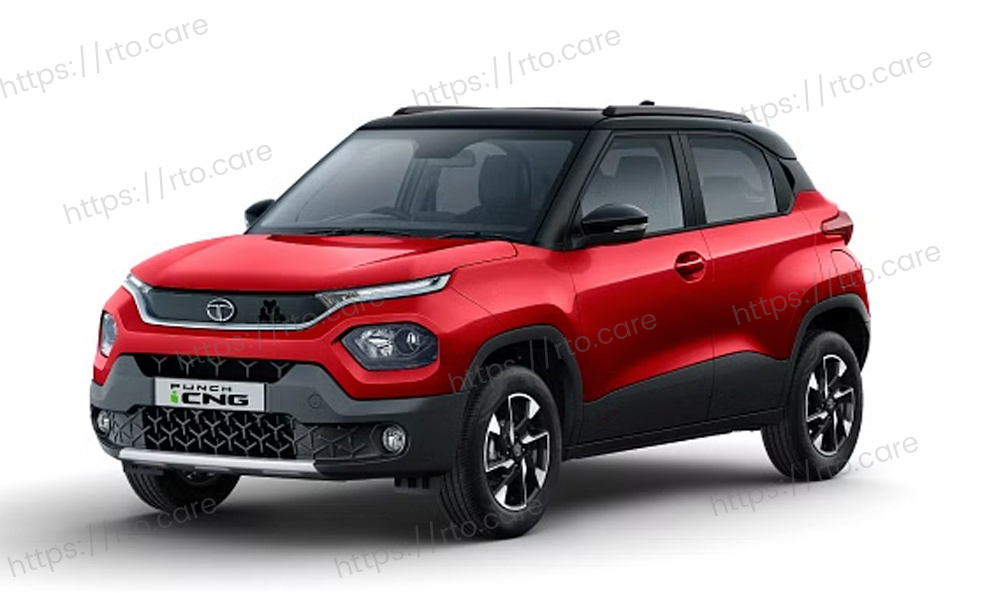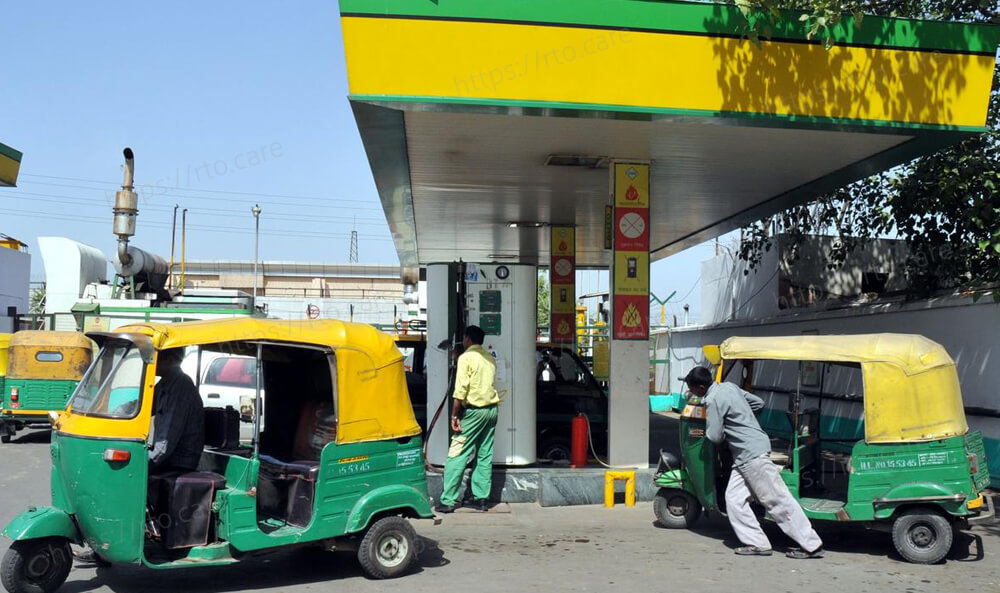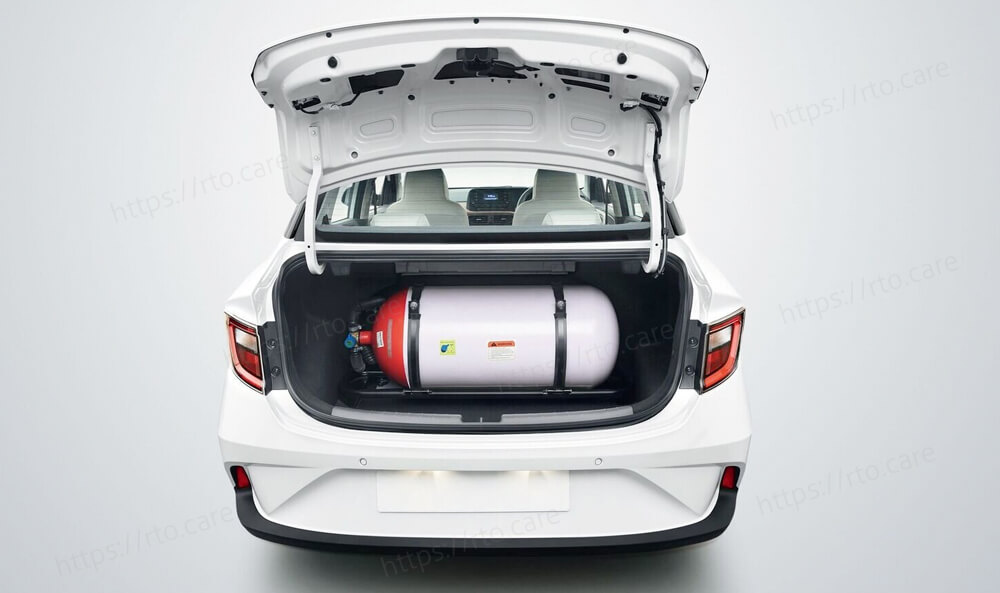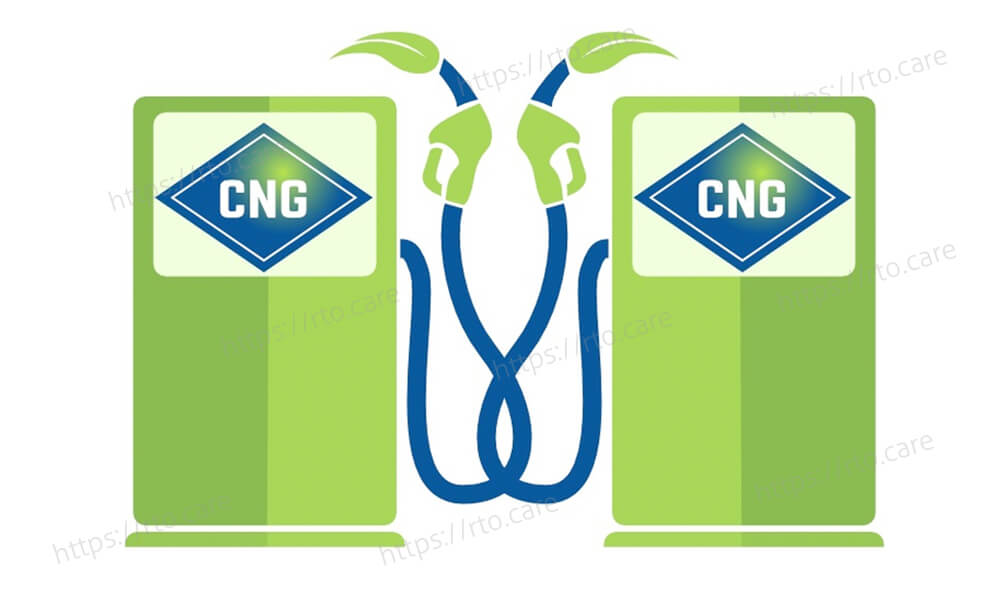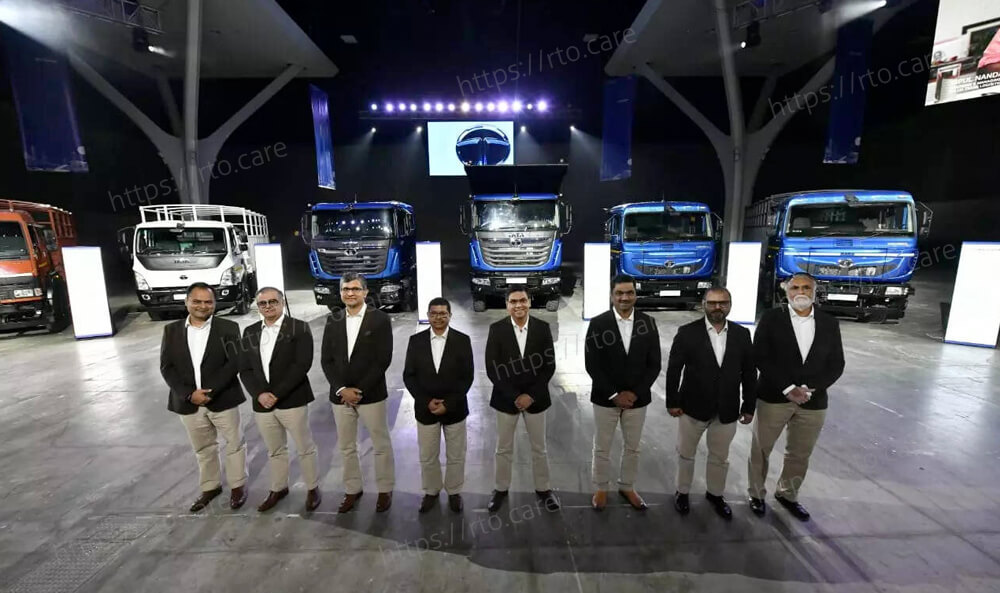MUMBAI: In Mumbai and Maharashtra, the number of CNG and electric car registrations has overtaken that of diesel vehicles by 61% and 4%, respectively. In Mumbai, there were 21,646 non-polluting cars registered between April 1 and November 8; they comprised 7,653 EVs and 13,993 vehicles powered by Compressed Natural Gas (CNG). This was more than the 13,420 diesel vehicle registrations over the same time period.
The island city between Colaba and Sion-Mahim saw the most electric car registrations this fiscal year (2,081 vehicles in seven months). With 4,178 registrations, Tardeo RTO in the island city once again had the most CNG car registrations.
Environmentalists, who have been campaigning for eco-friendly cars in all categories, from two-wheelers to buses, appear to have won a significant success with this. They claimed that the use of CNG and electric vehicles was widespread, not just in major cities but even in tier-2 communities.
Environmentalist Bhagwan Kesbhat, CEO of Waatavaran, claims that the current amount of pollutants on the road is unhealthy for commuters and that CNG and electric car sales ought to be encouraged. When London established ultralow emission zones a few years ago, one of the requirements was to ban diesel automobiles in such places and encourage cleaner fuel vehicles. By 2025, we should have 30% of clean fuel cars manufactured in India, and we need to increase pressure on the government to phase out polluting automobiles.
According to Sharvari Patki, WRI India's program leader for electric mobility, the number of electric two-wheelers and three-wheelers on the road in the state has increased significantly recently. In the upcoming years, "the trend will basically take up in all categories, and we may discover a great number of e-cars and e-buses in the future," she claimed.
Paresh Rawal, a public policy (transportation) specialist, remarked "There are several factors for the rise in popularity of clean automobiles. First off, urban SUVs now have a range of 250–300 km, which is sufficient for commuting inside cities, and their owners have overnight parking options. Second, the government offers incentives for purchasing electric vehicles. And finally, a lot of people care about public health and the environment."
According to data from the transport department, 1.73 lakh diesel cars were registered this fiscal year compared to 1.79 lakh non-polluting vehicles. The number of registrations for non-polluting vehicles in the state has overtaken those for diesel for the first time ever.
Rawal stated that his sole worry was to the EV's energy source (electricity). "Is the fuel thermally based or completely clean? If it's thermal, you're already burning coal elsewhere; you simply don't want it in your backyard. Thus, your electric car is not entirely made of renewable energy, which is counterproductive. On the other hand, CNG is a clean fuel that provides outstanding mileage and company-fitted CNG kits are economical".
Says Patki "As the nation's use of renewable energy increases, there will eventually be clean energy charging stations. Transitions take time, but the government is making an effort to discourage the use of polluting automobiles in different Indian states."
According to Kesbhat, encouraging last-mile e-commerce and food delivery workers to transition to electric two-wheelers is necessary to meet zero emission goals.
